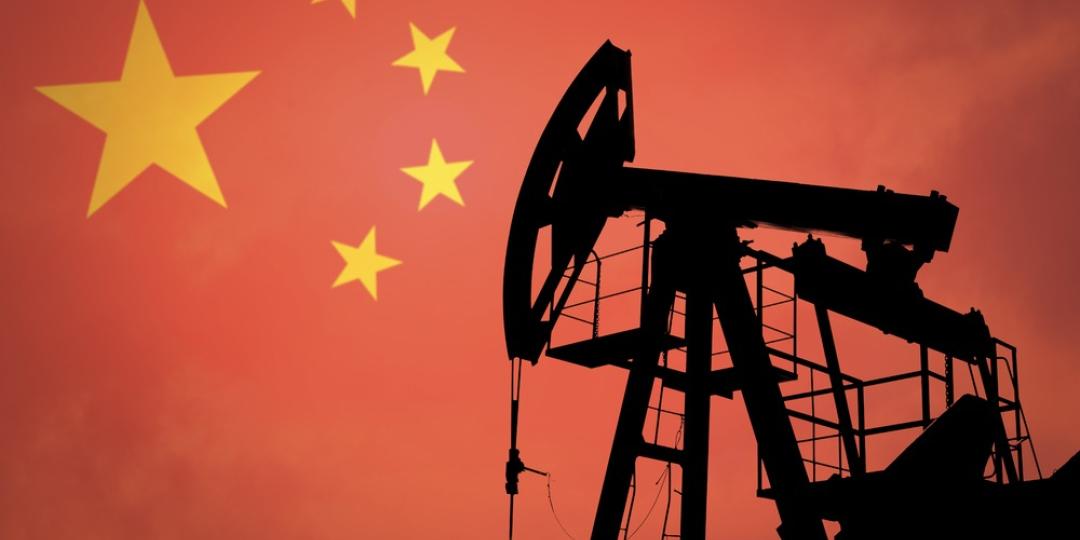Chinese oil demand has taken a hit due to Covid-19 lockdowns despite some recent easing of restrictions after the Omicron variant swept through the region.
Rystad Energy’s senior vice president of analysis, Claudio Galimberti, said Beijing had continued its commitment to a zero-Covid-19 policy in the face of the highly contagious Omicron variant which led to fresh lockdowns to contain the spread of the virus.
However, Galimberti said the Chinese economy would struggle to withstand extreme lockdowns of a similar scale to those enforced in 2020.
“The public is already showing signs of strains in provinces such as Shanghai where such measures have been in place. Current mobility restrictions are already putting severe bottlenecks on the supply chains of multiple industries,” Galimberti said. “If these constraints are not removed soon, they will end up negatively affecting China’s economic activities, and increase the likelihood of further reductions in GDP growth forecasts in the coming months.”
Road traffic nationwide remains strong despite the highly advertised lockdown in Shanghai. The Hong-Kong Special Administrative Region (Sar), a crucial business centre in China, has shown a significant uptick in traffic recently as Covid-19-related restrictions have been lifted, boosting demand. In Beijing, the real-time road transport index is currently at 110% of 2019 levels, highlighting a normal trend.
However, Galimberti said China’s domestic aviation industry was in “dire straits”, with passenger numbers dropping near the lowest levels experienced at the start of the pandemic. Domestic aviation dropped from the 2022 high of 104% of normal levels reached on February 18 to the current level of just 22%.
“These low levels are unlikely to persist though and demand will rebound when restrictions are removed. Since the start of the pandemic, China’s domestic aviation has exhibited sudden drops and equally fast rebounds, for instance in February 2021, August 2021, and November 2021, which correspond to periods when strict mobility restrictions were suddenly established and then swiftly lifted,” Galimberti said.
China’s international aviation has almost flatlined at around 30% of the pre-pandemic levels since the onset of Covid-19, as visits to and from the country have been discouraged via a system of draconian quarantine entry measures, which were observed even during the Olympic Games in Beijing.
“We do not expect international aviation to rebound any time soon in China, surely not before the end of 2022, due to the zero-Covid-19 policy instituted by China’s national and regional authorities,” Galimberti said.
“Despite lockdowns and restrictions, we expect positive oil demand growth in Chinese road transportation for the rest of 2022 and 2023, and a significant bounce-back in aviation demand in the second half of this year, on the premise that China’s economy will be able to weather the current storm.”













